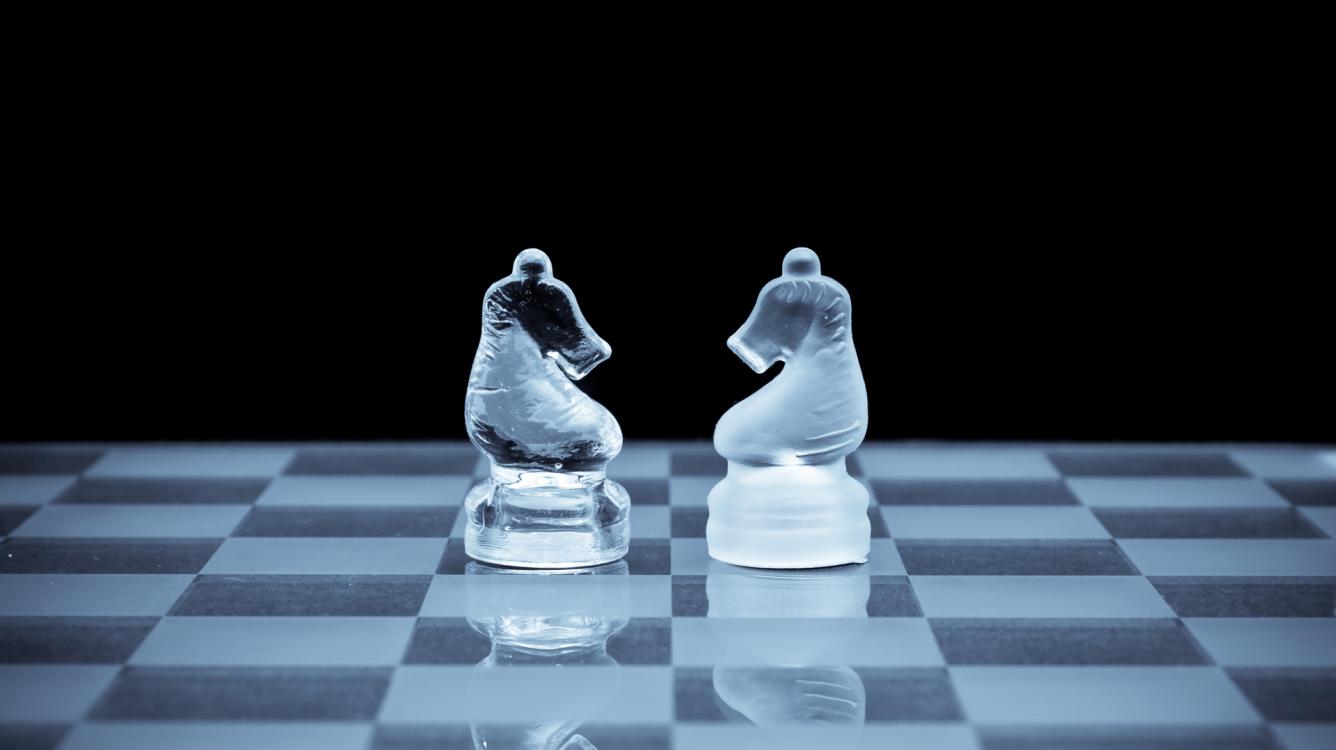
Prophylactic Play
"It is said that if you know your enemies and know yourself, you will not be imperiled in a hundred battles; if you do not know your enemies but do know yourself, you will win one and lose one; if you do not know your enemies nor yourself, you will be imperiled in every single battle." Sun Tzu, "Art of War"
One of the key things to guide you to victory in chess, is the ability to foresee your opponent's plans. If you can predict and stop your opponent's ideas, then you will be well on your way to victory.
I have noticed from my years of teaching that this key aspect of the game is often lacking from lower-rated players. Beginners and aspiring players are often far too concerned about their own plans to consider what their opponents are up to. This is a serious mistake, and this article is aimed at helping you restrict your opponent's ideas.
Take the following famous example of restriction. Notes are taken from Aron Nimzowitsch's famous book "My System." Watch out for how Nimzowitsch completely suffocates his opponent's possibilities and options.

A very beautiful, yet quite subtle game. It just shows us that we can win at chess by being aware of our opponent's possibilities and stopping him from playing those ideas on the board.
There is a similar technique to this that grandmasters often use against lower rated players—the technique of allowing your opponent to "hang themselves" at the chess board. Grandmasters will often just wait for their opponent to make a mistake, and as soon as this occurs, they jump upon that error. The following game is another example of these techniques being used.
In this previous game, Black used a technique that I would refer to as restrict and improve. Black uses a combination of restricting his opponent's moves, whilst improving his own pieces. By doing this, he slowly takes control of the board.
Like we have mentioned, it is so important to constantly be aware of what our opponent is planning in every position. Let me give you some tips as to when restrict and improve will work out well.
- This technique is much more effective in closed positions—positions where there is a lot of time to maneuver. You shouldn't be undertaking any subtle maneuvers when your king is under a direct threat!
- Look out for the long-term potential of both your own pieces and your opponent's pieces. This is especially true when it comes to the knights (look at the next game!).
- Get into a habit of 'jumping' inside your opponent's mind.
Take a look at the following famous game, where ex-world champion Anatoly Karpov uses restrict and improve with deadly consequences.

Photo: Wikimedia Commons
Through some simple yet clever ideas Karpov left a strong grandmaster in a hopeless situation. 24.Ba7!! is one of the most famous moves of all time.
I mentioned that it is easier to use restrict and improve in closed positions. This is true, but the technique has a lot of offshoots which can help you improve all areas of your game.
The next example is an extreme case of stopping the opponent's ideas, yet in this case it is done in a highly tactical manner. I must admit, this is one of the most beautiful chess games that I have ever had the joy of encountering.
I have also made a 15 minute video of this game, if that is your preferred method of learning. (Some people learn better through videos compared to books! Me included. ![]() )
)
I will leave you with one more example of when being aware of your opponent's moves worked, this time for me in an interesting game.
Here is a video with my thoughts of this exciting encounter.
Try to make your opponent feel helpless, like he has to cut down a forest with a penknife. Chess is a beautiful game, and it can sometimes by egoless, that is as long as you do not just get too carried away about your own ideas but also get into the habit of considering what your opponent is thinking and planning.
There are a number of ways to victory, but no strong player has worked his way into the elite without properly 'jumping' into the mind of his opponent.



